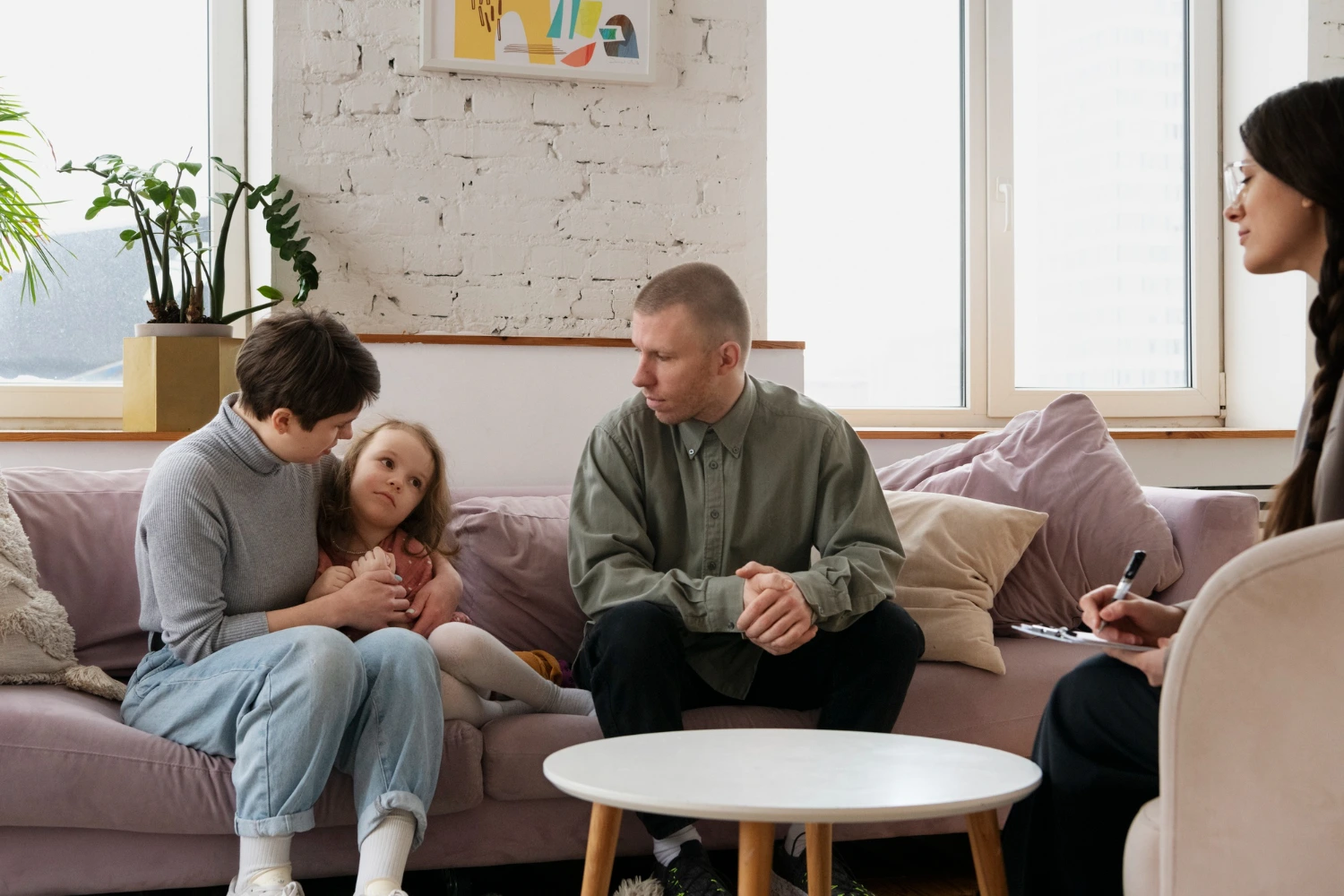Addiction is a family disease that affects not only the person struggling but also their loved ones. Because of this, family therapy plays a crucial role in addiction recovery by helping mend relationships, improve communication, and rebuild trust. At California Recovery Center (CRC), family therapy programs focus on the needs of both individuals in recovery and their families. Together, they create a strong foundation for lasting sobriety.
How Family Therapy Improves Trust
Family therapy is an important part of recovery because it encourages open and honest communication. Addiction often leads to misunderstandings, emotional distance, and strained relationships. Through family therapy, everyone has a safe place to share their thoughts, frustrations, and hopes for healing. As families talk openly and listen to one another, they begin to rebuild trust and understanding.
Key benefits of family therapy include:
- Improved Communication: Family therapy encourages healthy, honest conversations. It teaches family members how to communicate effectively and express feelings without fear or judgment. This process creates space for understanding and emotional healing.
- Restoring Trust: Addiction often damages trust. However, family therapy helps loved ones work through past conflicts, understand the causes of addiction, and gradually rebuild broken trust with professional guidance.
- Establishing Healthy Boundaries: Setting healthy boundaries is essential for recovery. Family therapy helps each member define their limits and responsibilities, preventing enabling behaviors and supporting accountability.
Family Therapy Programs: Supporting Long-Term Sobriety
At California Recovery Center, family counseling forms the foundation of the recovery process. Our treatment facilities offer customized family therapy sessions that address the unique dynamics of each family. These sessions help resolve conflict, improve relationships, and strengthen family bonds. Most importantly, CRC’s programs highlight how family involvement supports long-term sobriety.
Family therapy programs include:
- Customized Family Counseling Sessions: Every family is different, so CRC tailors counseling sessions to meet each family’s needs. These sessions guide families through emotional challenges and teach strategies for healthier relationships.
- Educational Support for Families: Many people misunderstand addiction. To help, CRC provides educational resources that explain addiction as a disease rather than a personal failure. This knowledge empowers families to provide stronger, more compassionate support.
- Continued Involvement After Treatment: Recovery doesn’t end after treatment. CRC offers ongoing family counseling sessions and support groups to keep families engaged in their loved one’s recovery and maintain long-term progress.
Getting Family Involved in the Healing Process
Family participation can make recovery more successful and sustainable. To encourage involvement, consider the following steps:
- Open the Conversation: Talk to your family about joining therapy and explain how their support helps your recovery. When family members understand their role, they are more willing to participate.
- Educate Your Family About Addiction: Many families don’t fully understand addiction. CRC’s programs provide information and resources that help families see addiction as a medical condition, not a weakness.
- Attend Counseling Together: Family counseling sessions at CRC give everyone a chance to share concerns, resolve emotional issues, and learn practical communication tools that strengthen relationships.
- Commit to Ongoing Support: Healing takes time. Continuing family counseling after treatment helps maintain trust, communication, and healthy relationships during recovery and beyond.
Family Sundays
Join us for Family Sundays at California Recovery Center. These sessions offer a chance for families to come together, support one another, and strengthen their connections during recovery.
Building Strong Support Networks Through Family Therapy
Family therapy builds stronger relationships, improves communication, and restores trust. Our programs help families heal together and provide the support their loved ones need for long-term sobriety. When families commit to counseling and ongoing involvement, recovery becomes a shared journey toward healing and hope.
To learn more about family therapy programs, contact us today. Together, we can build a supportive path toward lasting recovery.




